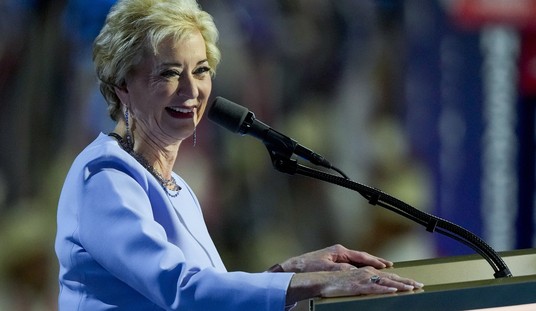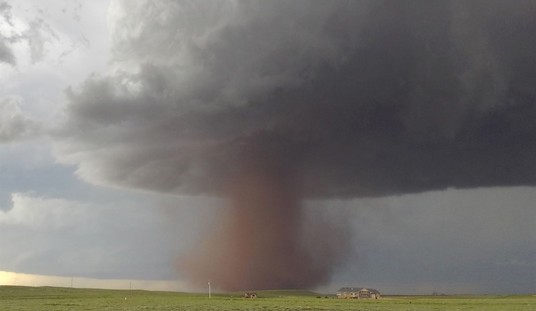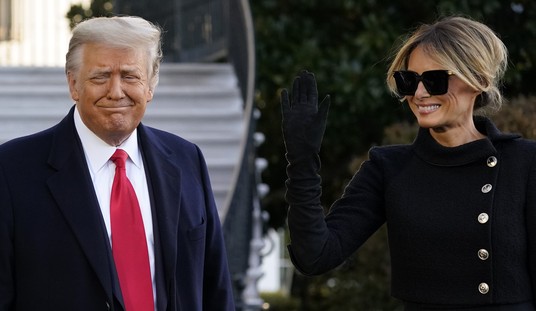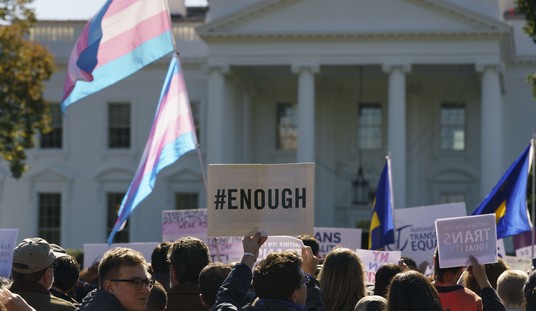
Timothy Carney considers polls, the electoral college, political skills or lack thereof and the money problem and explains why Donald Trump can’t win.
It’s only appropriate that Carney’s analysis begins with polling. The Donald loves polls. In his telephone and in-person interviews, his rallies and his constant late night Twittering Trump has made polls central to pitch to primary voters. The polls have served to legitimize Trump, a candidate who has been dismissed as unelectable, making his candidacy look feasible to primary voters. But Trump doesn’t talk or tweet about the general election polls — those inconvenient head to head match ups with Hillary Clinton. Carney’s analysis tells us why.
Donald Trump would be the most disliked major-party nominee in the history of favorability polling:
- The only presidential candidate to beat Trump in unfavorability is former Ku Klux Klan Grand Wizard David Duke, who had 69 percent unfavorable ratings in 1992 — and Duke was within the margin of error of Trump, who is currently at 67 percent unfavorable in a late-March ABC/Washington Post poll.
- As Carney puts it, that means that for every American who has a favorable view of Donald Trump, more than two others have an unfavorable view. A majority of the country, 56 percent, have a “strongly unfavorable” view in that survey. Trump’s 37 percentage-point net unfavorable rating makes Democratic front-runner Clinton, who is 6 percent underwater in favorability ratings, look more than likable enough.
- A clear majority, 59 percent, do not find Clinton honest and trustworthy. That’s much better than Trump, who is found dishonest or untrustworthy by 69 percent.
Hillary bests the Donald in those common poll questions about experience, personality, temperament and understanding your problem:
- “Understands the problems of people like you?” Clinton is in the negative, but still has a 13-point edge on Trump.
- “Has the right kind of experience to be president?” Clinton has a 40-point lead, 66-26, over Trump.
- “Has the personality and temperament it takes?” Clinton is 33 points stronger.
We have reported that Trump would be the least-liked major party nominee since polling began.
Hillary leads Trump by double digits in most recent polls, with an average of 10.6 percent according to RealClearPolitics. She has led Trump in the RCP average for the entire campaign. That lead grew steadily throughout March, ever since Clinton and Trump became the clear front-runners for their party nominations. Carney points out hat Obama’s largest lead over Romney in the RealClearPolitics average was 5.9 percent. Obama’s largest lead over John McCain was eight points. Then there is the Donald’s apparent ceiling. His average in head-to-head national polls against Hillary has never climbed above 44 percent, and he’s been hovering around 40 percent since Super Tuesday.
The polling leads to the predicted Electoral College maps. The website “270 to Win” projects Hillary would win 260 electoral votes to Trump’s 115 votes, with 165 up for grabs. Clinton’s vote total on the site doesn’t include Minnesota, Iowa, Ohio or Florida, all states where Clinton has to be considered the favorite. If Clinton carried Minnesota, Ohio or Florida — any one of those — she would win. We have previously reported that the first revision to Larry Sabato’s Crystal Ball 2016 Electoral College map predicts Hillary winning 347 electoral votes, which includes 190 safe, 57 likely, and 100 that lean in her direction, while Trump wins a total of 191 (142 safe, 48 likely, and 1 leans).
While Trump has obviously been successful in the over crowded Republican primary field, he has been less so after the field was finally winnowed to a two or three candidates. Carney finds Trumps political skills to win in a general election to be wanting:
- Trump had success in GOP primaries, but there was a reason he called them off — refusing to participate in a post-Florida Fox News debate and ignoring Ted Cruz’s calls for one-on-one debates. Trump thrived in crowded debates where all he had to do was rudely put down Jeb Bush or Marco Rubio and where he could get away with always changing the topic.
- In the less-crowded debates after South Carolina, Trump looked worse. Rubio exposed Trump’s utter shallowness on healthcare policy, and Trump found himself flailing in policy areas where he was way out of his depth. Recent interviews, in which television journalists Anderson Cooper, John Dickerson and Chris Matthews pressed Trump on abortion or nuclear proliferation, exposed his incompetence.
In a one-on-one debate against Hillary, Trump’s lack of policy knowledge and critical thinking skills would be glaring.
Then there is Trumps women problem. Carney sums it up eloquently:
Despite all the talk about equality and equity, and treating women the same as men, we don’t really live that way. Men are still expected to treat women with more courtesy than men treat other men. Put another way: You can be a boorish bully toward men in ways you can’t toward women.
Trump probably helped himself by interrupting, insulting and sneering at Bush and Rubio. It may have been deliberate on his part, but it’s also his personality. When he behaves that way toward Clinton, he will accomplish the incredible: making Americans feel sympathetic toward her.
Finally there is the money problem. You might not have thought about this, but according to Carney, the billionaire Donald would be steamrolled by Hillary’s cash juggernaut. Trump hasn’t sworn off fundraising. But even though his website and ads all solicit donations, he has barely raised any money — $10 million in contributions and $24 million in loans to himself as of the end of March. Trump also has no experience raising campaign cash. Worse, Trump has alienated Republican Party fund raisers.
And Carney says Trump probably can’t close the gap with his own wealth:
Clinton will spend more than a billion dollars in the general election. We don’t know Trump’s net worth exactly, but we do know the higher estimates all include the value of his name brand, which is not a liquid asset. His buildings, his golf courses and his casinos are not liquid assets, either. Trump probably doesn’t have a spare billion in cash to spend.
The Donald lacks the political skills, the likability, the public support and the fundraising ability to beat Hillary. That’s why Trump can’t win the presidency.













Join the conversation as a VIP Member